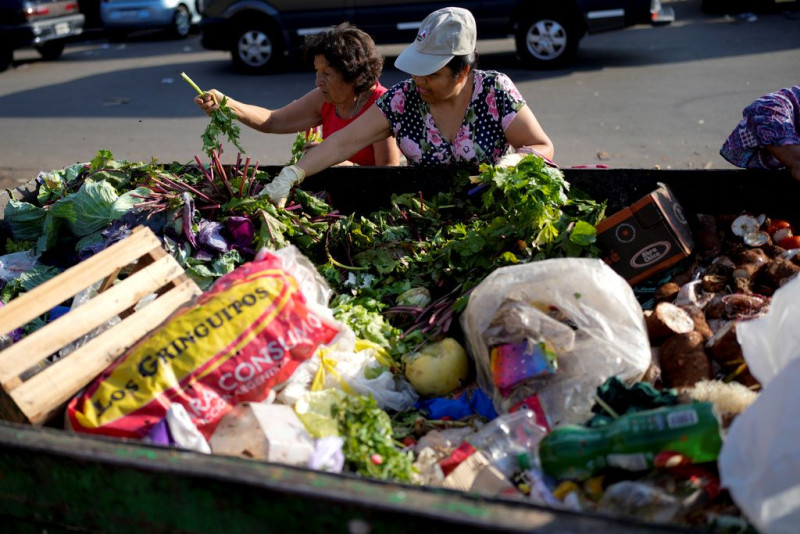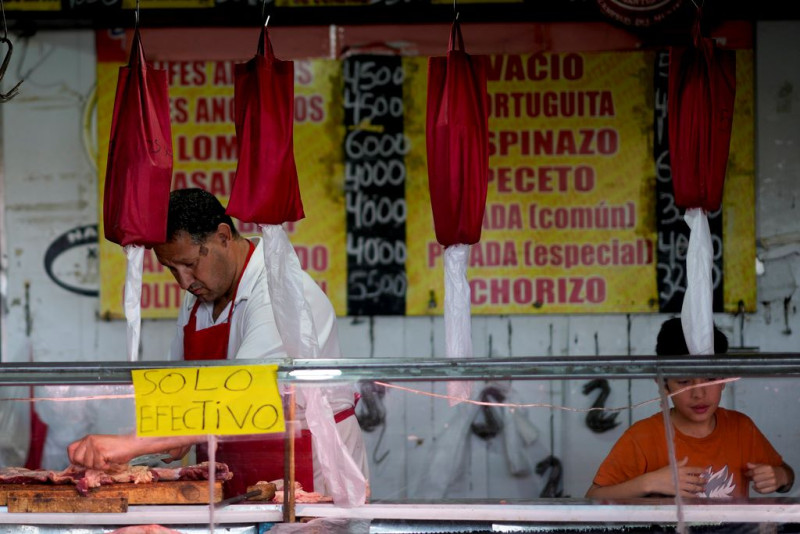With inflation nearing 200%, the country took out a $4.7 billion loan from the IMF, and citizens are beginning to cut back on cherished social habits
A month after he took office the extreme liberal president Javier Millay, the IMF announced yesterday the disbursement of 4.7 billion dollars for Argentinaas part of the Latin American country’s debt restructuring program.
In return for this disbursement, Buenos Aires committed to record a primary surplus in 2024 (before interest repayment) equal to 2% of GDPaccording to the announcement.
THE Javier Millayan outsider politician who rose to power taking advantage of voters’ anger at her deteriorating financial situationtries to apply hard austerity measures to reduce inflationto reduce the large fiscal deficit and rebuild the state coffers.
However, Miley, who has been in power for a month, has warned that it will take time and that things may get worse first and then get better.
“Barbecue Chopped”
The citizens of the country are faced with rapid increases in food as o inflation approaching 200%. Many Argentinians tighten their belts even more, with the two-fifths of them already live in poverty.
While high inflation has plagued Argentina for yearsthe rate of price increases is now at its highest level since the early 1990s, when the country was emerging from a period of hyperinflation.
“You completely lose track of prices”said Guillermo Cabral, a 60-year-old owner butcher shop in Buenos Aires, which he says he once said mistakenly told a customer that the price for the meat he requested was 35,000 pesos ($43) instead of 15,000 pesos. “The customer still took out the money to pay for it.”
Argentina retired Susana Barrio says that she no longer invites her friends over for the traditional barbecuewhere it has always been a key part of social life in the South American country. The rapid increase in meat and vegetable prices has now made such meals unprofitable.
“We were forced to write off things that made life a little happier”, said the 79-year-old Bario. “That joy that used to give me to invite friends over for a barbecue, which is common here, now that’s impossible.”
“Nothing is cheapsaid Graciela Bravo, a 65-year-old retiree, who said she now carefully counts how many potatoes she buys. “Before you bought by the kilo, now I buy three or four potatoes so that they don’t spoil”.
Alejandro Grossi, 49, a lawyer, said that got used to rising prices after years of inflation.
“I buy less stuff for myself than I would like. You adapt”, he stated. “It’s like we’re used to it, it’s already something so natural here: inflation and prices changing.”
Source :Skai
With a wealth of experience honed over 4+ years in journalism, I bring a seasoned voice to the world of news. Currently, I work as a freelance writer and editor, always seeking new opportunities to tell compelling stories in the field of world news.












